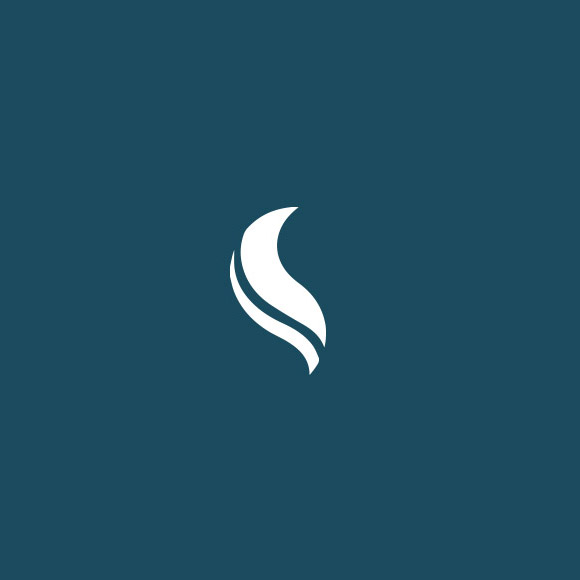The goal of the Health Leadership Fellows program is to develop and strengthen a network of collaborative leaders across the health care landscape in western and central New York. One of the Health Foundation’s earliest and longest-running programs, the Fellows program has trained over 300 non-profit professionals on leadership, communication and collaboration since 2005.
Wondering if the Health Leadership Fellows program is right for you? We asked a few of our Fellows graduates to share how their experience with the program had an impact on their professional development, career trajectory and overall skills and knowledge.
This Q&A includes comments from Brittany Perez, Karl Shallowhorn (both graduates of Cohort 8) and Randall Hoak (graduate of Cohort 5.) Perez is Livability Program Officer at LISC WNY; Shallowhorn is President and Founder of Shallowhorn Consulting, LLC, and Chair of the Erie County Anti-Stigma Coalition; and Hoak is Associate State Director for AARP New York.

Q: What was it like to take part in the Fellows program?
Shallowhorn: This program far exceeded my expectations. More than anything, I learned a lot about myself. The perspective I gained from coaching helped me recognize strengths I didn’t even know I had. My teammates were all very different, but very supportive and collaborative, and we’ve all stayed in touch since we graduated.
Perez: The program has a major impact on your self-development. It gives you the ability to reflect on your leadership and communications skills and examine how you work with and collaborate with others. With our busy schedules, we don’t often take time to prioritize this kind of work, but having that knowledge about yourself is really helpful. I had a great team and great project.
Hoak: I had an idea of what to expect, and I was still surprised by how much the process had an impact on me. Each member of our team brought a diverse set of skills and experiences. I learned a lot about myself, and I learned how to be a much better leader because of the Fellows program. I’ve accomplished so much more because I went through it.

Q: How has being part of the Fellows program had an impact on your career?
Hoak: This experience has been transformational for my career. Overall, the program helped me sharpen my focus and develop the areas where I was doing well and where I could do even better. At the time, as Commissioner of Erie County Senior Services, I was working with a large team and had five direct reports. I had to trust and work well with that leadership team and the Fellows program gave me the tools to do so.
Shallowhorn: Without the Fellows program, I don’t think I would have founded my own firm [Shallowhorn Consulting]. After I graduated, I went through a couple of career changes, and then ventured out on my own. This program gave me the confidence to say, “Yes, I have the capability to do this.” It pushed me out of my comfort zone and helped me move beyond what I thought I could do initially. I believed in myself enough to take that leap of faith.
I think the skills I earned helped me as I navigated the challenges presented by COVID-19. I gained the confidence to know I could make adjustments and meet the needs of my work and the community.

Perez: Overall the Fellows program has influenced many parts of my career—the ability to reflect on my skills and strengths, what value I bring to my team and how I can leverage those skills in a more effective way. I also appreciated how the program prioritizes bringing a racial equity lens to our work. Because there are so many Fellows in the community, you can start to see the influence of that focus across a lot of our efforts.
Q: What’s the value of being part of the Fellows Action Network (FAN), the professional collective of Fellows graduates?
Shallowhorn: There are so many opportunities through the FAN to connect with other leaders and tap into that network. What I really appreciate is seeing other Fellows advance in the field—watching all of us take it to that next level and be on the front end of the work being done at nonprofits locally.
Perez: Being connected to the network of professionals in the FAN is really valuable. It’s a great way to meet others from the community who have shared priorities and are open to collaborating on new initiatives and opportunities.
Hoak: The FAN is a great resource. It allows me to quickly and effectively communicate with a group of people with similar goals and interests. I can really see the impact of that outreach on attendance at my events and programs. And when you’re beginning a new partnership or collaboration and you’re sitting at the table with other Fellows, you start with a shared perspective. It gives the whole group a head start. It’s like meeting an old friend and picking up where you left off.


